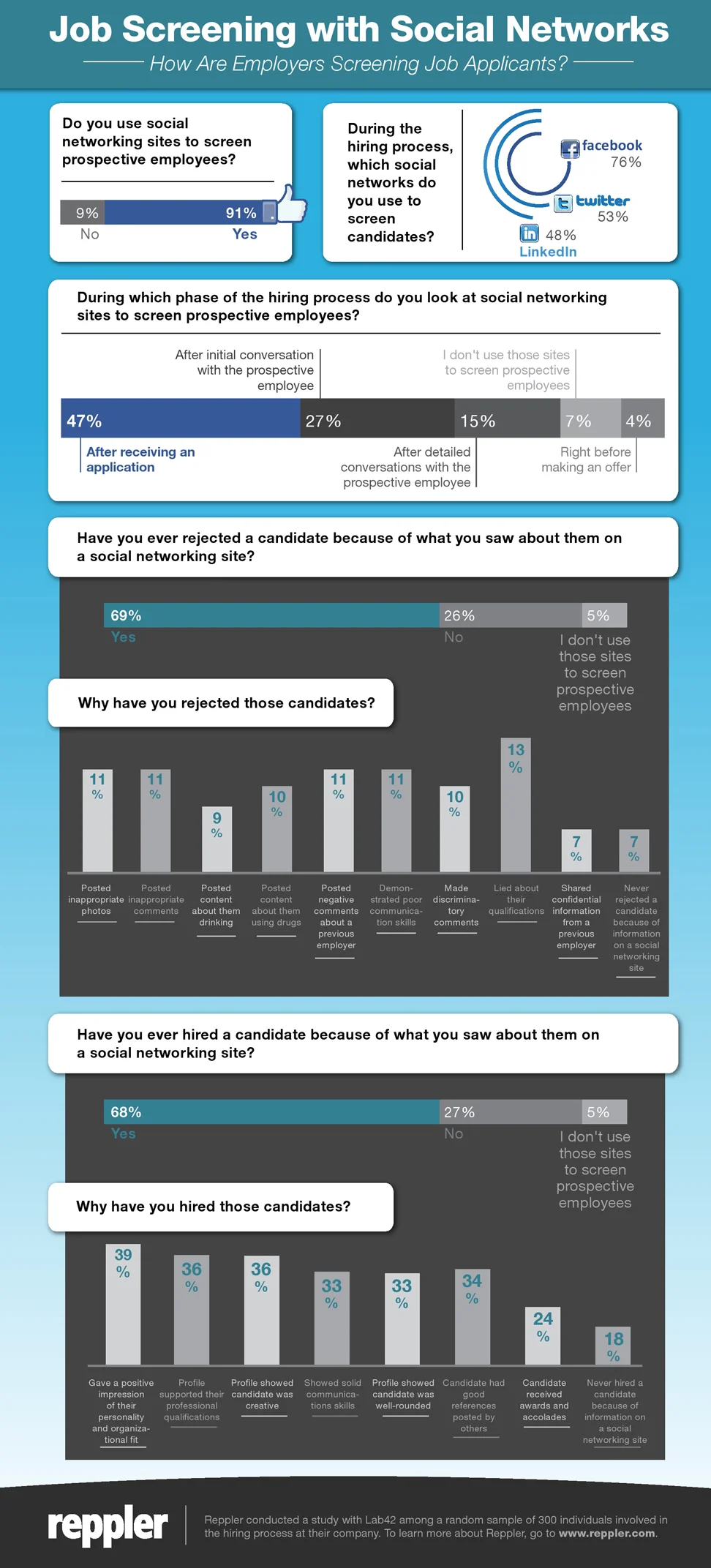We are not meant to remember everything

I started to write this before Eric Snowden made a name for himself. This post is not about the transparency of data, or who owns your data - I will write separately about that. This post is about whether social media is the enemy of childhood.
On the last day of elementary school, they gave my kids a talk about safely using the internet. As a reasonably distant parent, I didn't know exactly what they had said. However, as we were walking back from the end-of-year bonfire, my second grader wanted to make sure that he knew that he didn't participate in the Harlem Shake that the kids had made an impromptu performance of. "You know, if you get recorded doing something embarrassing it could mess up your chances of getting into college or getting a good job." [By the way, he's right.]
Still, I told him that it's ok to be a kid, and that means being silly sometimes. I couldn't explain that the silly stuff is what we want to remember from childhood. That it's important to our evolution as a species to forget certain things. (I'm pretty sure if parents precisely remembered what the childbirth experience was really like - and I include the first 6 months here - they'd never have more than one kid.) Our job as kids is to test limits, to figure out which rules are important for our safety and which rules are still in place because no one has questioned them for a long time.
Go to any kids' soccer match, you'll see a paparazzi line recording every moment. That's the reality of the last five years. It's just that it's taken some time (and some mistakes) for society to adjust to a world in which rumors are turbocharged, reputation is broad and memory is persistent. [Scarily, research shows that we can use these tools to generate false memories.]
Now that we are adjusting, it's the early adopters who are adjusting first. I don't want to overemphasize Snapchat, but it's instructive in one sense. Namely, that people are starting to get hip to the idea that just because we want to share things across space doesn't mean we want to share them across time.
It also made helped it make sense to me when the head of MLB.com referred to reality as "the second screen." Look at the slide from Mary Meeker's deck talking about how concerts are being consumed now:
Source: KPCB internet trends 2013
While there is a bit of "those kids don't know how to have fun" in this slide, I don't think there's anything innately wrong with our obsessive recording. (Even though Jonathan Saffron Foer eloquently argues that our obsession with distance communication makes us more distant to those right in front of us.) You could even argue that it's necessary for us to start to offload some of the constant stream of inputs that we are getting. That our exposure to information is that much greater than it was 20 years ago, so our need for memory devices is greater.
The one impact is does have is to take away the "you should have been there" moments. We are there. Which robs us, a little bit, of our ability to tell stories. Our ability to remember things differently then the way they were. Our ability to focus people in on what it meant, rather than what happened.
I also think that as our adjustment is still mid-cycle, we still have some growing up to do as a society. Hiring managers who are not hiring someone because of a stupid Facebook post will also need to change their standards to understand that the world is different. They have a name for someone showing poor judgement in college: a student. To be honest, I wouldn't want to work in a company that was populated by people who never did anything stupid as a kid. Then again, if I was working there, then it wouldn't be.
In case you were wondering, I am fully aware of how old this post makes me sound.


